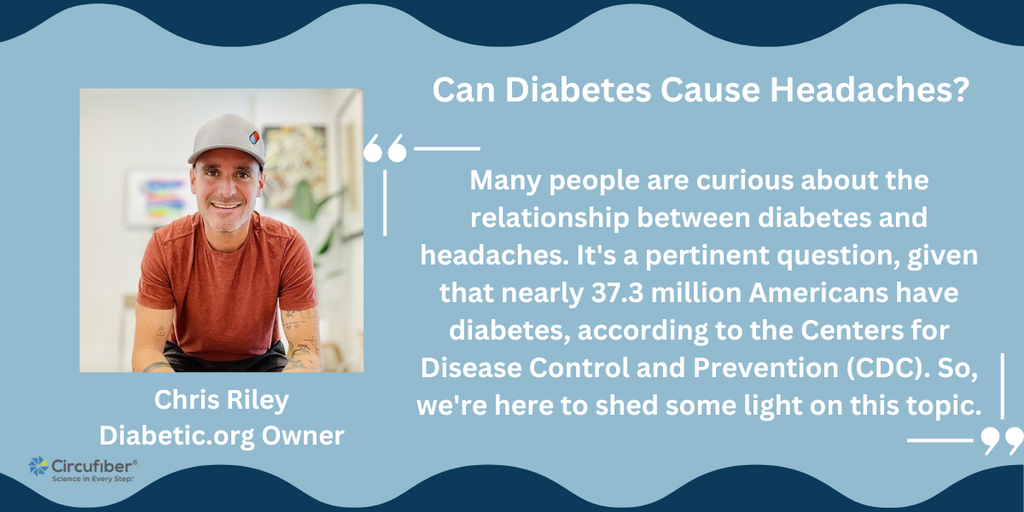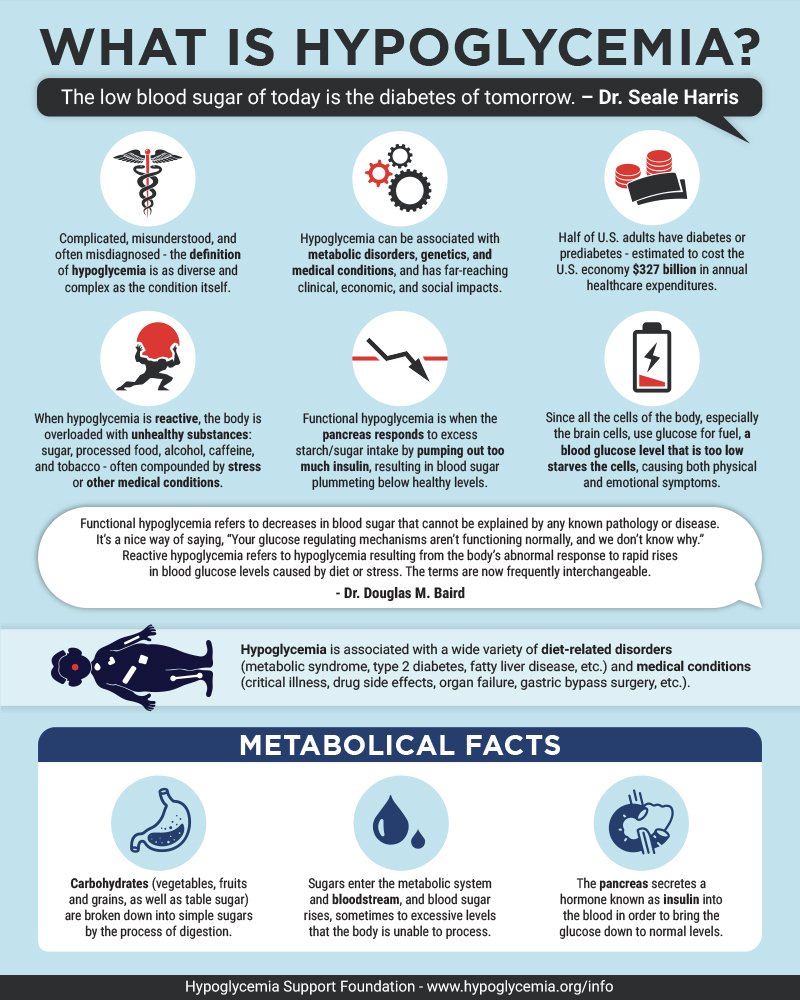Many people are curious about the relationship between diabetes and headaches. It's a pertinent question, given that nearly 37.3 million Americans have diabetes, according to the Centers for Disease Control and Prevention (CDC). So, we're here to shed some light on this topic.

To answer directly: Yes, diabetes can indeed cause headaches. This connection primarily stems from how your body manages blood sugar levels - a key issue in diabetes. When these levels are too high or too low, it may result in a headache. We're about to delve into the specifics of why this occurs.
In understanding these connections, it's essential to consider both types of diabetes — Type 1 and Type 2. While both involve dysregulation of blood sugar levels, their causes and management strategies differ substantially. Understanding these details will help you better grasp how headaches fit into the picture.
Understanding the Connection Between Diabetes and Headaches
To get started, it's essential to know that diabetes is a chronic condition characterized by high blood sugar levels. This can occur when your body doesn't produce enough insulin or can't effectively use the insulin it does produce.
Now, onto the connection with headaches. It turns out high or low blood sugar levels in people with diabetes can trigger headaches. When blood sugar levels drop too low—a condition known as hypoglycemia—it deprives the brain of glucose, its primary fuel source. This situation may lead to a headache.
On the flip side, when blood sugar levels spike too high—hyperglycemia—the body tries to combat this by increasing urine output to remove excess glucose from the bloodstream. The result? Dehydration—which we all know is a common cause of headaches.
- Hypoglycemia: Low Blood Sugar -> Potential for Headache
- Hyperglycemia: High Blood Sugar -> Possible Dehydration -> Potential for Headache
Research studies also back up these claims:
| Study | Findings |
|---|---|
| Journal of Headache and Pain (2015) | Found an increased incidence of headache in people with type 2 diabetes |
| Diabetes/Metabolism Research and Reviews (2004) | Identified an association between frequent headaches and both hyperglycemia and hypoglycemia |
As if managing blood sugar wasn’t challenging enough, fluctuations in hormone levels due to diabetes might also play a role in triggering migraines specifically. Some researchers speculate that changes in hormones such as serotonin could potentially affect pain pathways in our brains leading to head pain.
A snapshot into how living with diabetes might mean wrestling with more than just your blood sugars—it could be causing those nagging headaches too. As always though, individual experiences will differ, and it's essential to consult with your healthcare provider if you're experiencing frequent headaches.
Symptoms of High Blood Sugar: Beyond Headaches
We're often asked, "Can diabetes cause headaches?" Well, indeed it can. But high blood sugar or hyperglycemia - a common symptom of diabetes - doesn't stop at just headaches. There's more to this condition than meets the eye.
One probable sign you may encounter is frequent urination. It's our body’s way of flushing out excess glucose when insulin levels are low. On top of that, excessive thirst often tags along with this symptom as well.
Another key sign is blurred vision. This occurs due to the swelling of lenses from fluid leaking in because your body is trying hard to manage high glucose levels.
Fatigue shouldn't be overlooked either. When there's too much glucose in the bloodstream and not enough in your cells, you'll likely feel tired and run down all day long.
It might surprise you but weight loss despite eating more is another hint towards high blood sugar. Your body begins using fat stores for energy because it cannot use glucose effectively, leading to unwanted weight loss.
Don't forget about skin problems either. They can also indicate elevated blood sugar levels – sores that take longer time to heal or frequent infections could signal an issue.
To give you a better understanding of these symptoms, we've compiled them into a simple table:
| Symptoms | Explanation |
|---|---|
| Frequent Urination | Body trying to flush out excess glucose |
| Excessive Thirst | Tends to accompany frequent urination |
| Blurred Vision | Lenses swell due to fluid leakage caused by high glucose management |
| Fatigue | Too much glucose in bloodstream and not enough in cells |
| Weight Loss | Body starts using fat stores for energy as it can't use glucose effectively |
| Skin Problems | Sores taking longer time to heal or frequent infections |
Remember though, everyone’s experience with diabetes varies greatly—some might have very mild symptoms, while others may experience them more severely. It's important to keep an eye out for these signs and consult with a healthcare professional if you notice any changes.
Is Your Headache a Sign of Hypoglycemia?
Navigating the world with diabetes can often feel like a balancing act. It's about maintaining the right blood sugar levels, eating healthy, and staying active. But what happens when an unexpected headache creeps in? Could it be linked to hypoglycemia? Let's explore this further.
Hypoglycemia refers to a condition where your blood sugar level drops drastically below normal. It's most commonly associated with diabetes, especially in individuals who are managing their condition with insulin or certain oral medications. While symptoms vary from person to person, headaches are indeed one of the possible warning signs of low blood sugar.
We've all experienced headaches at some point - they're unwelcome but usually harmless. However, for someone dealing with diabetes, frequent headaches may indicate recurring episodes of hypoglycemia. The brain relies on glucose (sugar) as its primary source of energy. When your body lacks enough glucose, it triggers a variety of symptoms including dizziness, sweating, confusion and yes – painful headaches.

A study published in Diabetes Care revealed that people with type 1 diabetes experience more frequent and severe headaches than those without the disease. In this research:
- Participants with type 1 diabetes reported 2x more frequent migraines compared to non-diabetic participants.
- Those experiencing hypoglycemic events also reported higher rates of tension-type headaches.
It's important to remember that everyone is unique; not everyone will experience these symptoms the same way or even at all. Some folks might get mild discomfort while others may endure throbbing pain.
Monitoring blood sugar levels closely can help manage these unpleasant surprises better. If you frequently find yourself grappling with unexplained headaches alongside other symptoms such as blurry vision or fatigue - it might be time to consult your healthcare provider for advice.
Managing Diabetes to Prevent Headaches
It's no secret that the key to preventing diabetes-related headaches lies in effective diabetes management. Keeping blood sugar levels within a healthy range can be a real game-changer. But, how do we achieve this? Here are some noteworthy strategies:
- Maintaining a balanced diet: Consuming meals and snacks that are high in fiber and low in simple sugars is essential. This approach helps prevent sudden spikes or dips in blood glucose levels.
- Regular exercise: Staying physically active encourages better insulin sensitivity, which aids in managing your glucose levels. Don't forget, it's always important to consult your healthcare provider before starting any new fitness routine.
- Proper medication adherence: If you're on medications for diabetes, ensuring you take them as prescribed by your doctor plays a vital role in keeping those glucose numbers steady.
- Frequent monitoring of blood sugar: Regular checks allow us to understand how our bodies respond to different foods, activities, and medicines. Having this understanding empowers us to make necessary adjustments promptly.
Now let's talk about hydration. Dehydration can trigger headaches whether you have diabetes or not. But if you're living with diabetes, dehydration can lead to high blood sugar levels making things worse. So maintaining proper fluid intake is another preventive measure against headaches.
Speaking of prevention measures; stress reduction cannot be overlooked here because stress often leads to tension-type headaches which are common among people with chronic conditions like diabetes. We recommend incorporating relaxation practices such as yoga or mindfulness meditation into your daily routine.
Remember that everyone's body reacts differently to various strategies; what works for one may not work for all. It's all about finding what works best for you through trial and error while under the guidance of your healthcare provider.
Conclusion: The Interplay of Diabetes and Headache
To wrap up our discussion, we've seen how diabetes and headaches can be interconnected. High or low blood glucose levels in individuals with diabetes may lead to headaches. It's also possible that the stress caused by managing a chronic condition like diabetes could trigger tension-type headaches.
Here are some key points we've covered:
- Changes in blood sugar levels can trigger headaches
- Diabetic neuropathy might result in head pain
- Stress from managing diabetes could cause tension headaches
Understanding this interplay between diabetes and headache is crucial for proper management of both conditions. Regular monitoring of blood glucose levels and adhering to prescribed medication routines are essential steps towards avoiding these distressing symptoms.
So keep learning about your body’s responses, stay mindful of changes that could signal trouble, such as persistent headaches, and know when it’s time to seek professional help. After all, living well with diabetes means not only treating symptoms but understanding what causes them in the first place.
References, Studies and Sources:
https://www.medicalnewstoday.com/articles/319770
More About Circufiber.com and Healthcare disclaimer:
Always consult your physician before beginning any program. This general information is not intended to diagnose any medical condition or to replace your healthcare professional. If you experience any pain or difficulty, stop and consult your healthcare provider. Circufiber.com socks are clinically proven to improve micro-circulation in feet and lower extremities in people with Diabetes.
More Author Information:
Chris is one of the Co-Founders of Diabetic.org. An entrepreneur at heart, Chris has been building and writing in consumer health for over 10 years. In addition to Diabetic.org, Chris and his Acme Health LLC Brand Team own and operate Pharmacists.org, Multivitamin.org, PregnancyResource.org, and the USA Rx Pharmacy Discount Card powered by Pharmacists.org.
Chris has a CFA (Chartered Financial Analyst) designation and is a proud member of the American Medical Writer’s Association (AMWA), the International Society for Medical Publication Professionals (ISMPP), the National Association of Science Writers (NASW), the Council of Science Editors, the Author’s Guild, and the Editorial Freelance Association (EFA).




